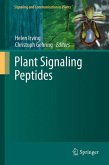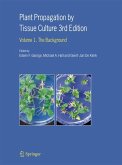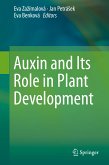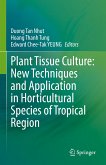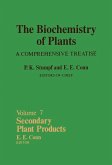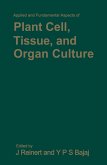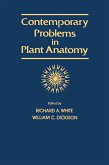Organogenesis entails the regulation of cell division, cell expansion, cell and tissue type differentiation, and patterning of the organ as a whole. It is essential to gain insight into how organs are initiated and how they develop. However, this very often is subject to technical difficulties as these processes take place embedded deep in tissues or are difficult to access or visualize. To achieve this, we need specialized techniques such as those concisely illustrated in Plant Organogenesis: Methods and Protocols. Chapters address topics such as how to study and image the structure of ovules and embryos of Arabidopsis thaliana, tools to establish cell lineages in order to visualize the contribution of each cell and cell division to the building of a mature organ, approaches to study the totipotency of several plant cells, techniques such as the use of fluorescence-activated cell sorting (FACS) to analyse transcriptomes and hormone levels in Arabidopsis, methods to investigate organogenesis in economically important crops, and computer-based approaches to bring everything together. Written in the successful Methods in Molecular Biology(TM) series format, chapters include introductions to their respective topics, lists of the necessary materials and reagents, step-by-step, readily reproducible protocols, and notes on troubleshooting and avoiding known pitfalls.
Authoritative and easily accessible, Plant Organogenesis: Methods and Protocols serves both professionals and novices with its well-honed methodologies in an effort to further our knowledge of this fascinating research field.
Dieser Download kann aus rechtlichen Gründen nur mit Rechnungsadresse in A, B, BG, CY, CZ, D, DK, EW, E, FIN, F, GR, HR, H, IRL, I, LT, L, LR, M, NL, PL, P, R, S, SLO, SK ausgeliefert werden.



